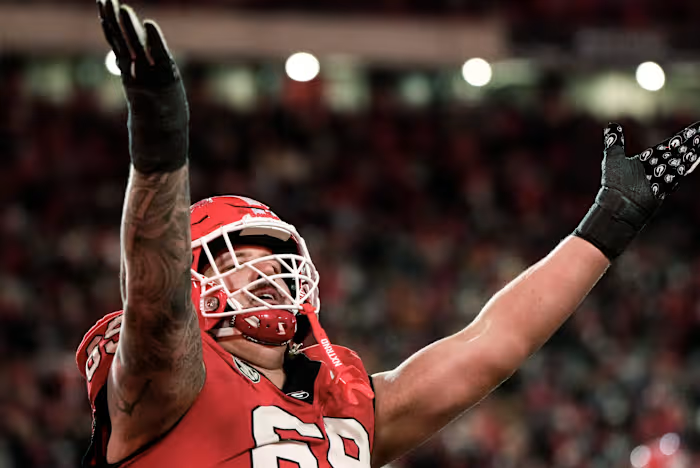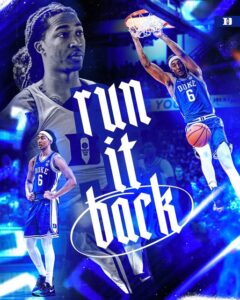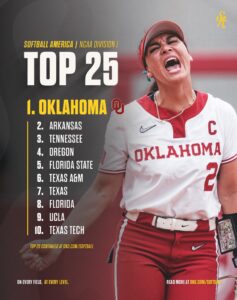
Breaking: The Detroit Lions traded up from pick 60 to take Georgia G. Tate Ratledge with the 57th overall pick.
In a surprising and strategic move at the 2025 NFL Draft, the Detroit Lions traded up from the 60th overall pick to the 57th overall pick to select Georgia’s standout guard, Tate Ratledge. This trade marks a significant moment in the Lions’ offseason, as the team has made it clear that they are building for the future with a strong emphasis on improving their offensive line.
Tate Ratledge is a player who has made waves in the college football world, known for his powerful and disciplined play on the offensive line. His selection by the Lions represents both a need and an opportunity for the team to solidify one of the most important units in football: the front five.
In this detailed breakdown, we’ll explore who Tate Ratledge is as a player, why the Lions made the move, and what this means for both the team and the broader landscape of the 2025 NFL Draft.
Tate Ratledge is a 6’6”, 320-pound offensive guard who played for the University of Georgia, one of college football’s premier programs. Known for his size, strength, and aggressive style of play, Ratledge was one of the top-rated interior offensive linemen in the 2025 draft class. Throughout his career at Georgia, Ratledge showcased a perfect blend of raw power and technical skill that made him a highly coveted prospect.
Born and raised in Rome, Georgia, Ratledge was an elite high school prospect and was ranked as one of the best offensive linemen in the country coming out of high school. He was a five-star recruit who chose Georgia over several top programs, including Alabama, Clemson, and Ohio State. At Georgia, Ratledge developed into a dominant force in the SEC, blocking for some of the most talented running backs and quarterbacks in the nation.
Ratledge’s most notable attribute is his physicality. He plays with an edge, never shying away from engaging with defenders and driving them off the ball. His ability to dominate in the running game makes him a key asset for any team looking to improve their offensive line. Additionally, Ratledge showed strong pass protection skills during his time at Georgia, with the ability to mirror defensive linemen and keep his quarterback clean.
In his final season at Georgia, Ratledge earned All-SEC honors and was widely regarded as one of the top interior linemen in the country. His combination of power, technique, and athleticism drew the attention of scouts, and he quickly became a first-round talent in the 2025 NFL Draft.
The Detroit Lions’ decision to trade up from the 60th pick to the 57th pick to select Ratledge may have raised some eyebrows, but it becomes clearer when considering the team’s needs and the state of their roster. The Lions have been building a competitive roster under the leadership of head coach Dan Campbell and general manager Brad Holmes, but one area that has been a persistent issue is the offensive line.
Detroit’s offensive line has shown flashes of brilliance in recent seasons, particularly with the emergence of tackle Penei Sewell, but the interior of the line has been a point of weakness. Ratledge’s ability to play both guard positions gives the Lions flexibility, and his power running game skills will help bolster the Lions’ rushing attack, which has been inconsistent at times.
With the 60th pick, the Lions were still in a good position to draft a player who could contribute immediately, but by moving up to 57th, they likely wanted to ensure that Ratledge, a player they viewed as a top-tier interior offensive lineman, would not slip out of their reach. This move indicates a commitment to building a strong offensive line, which is critical for the development of their offense and the protection of quarterback Jared Goff.
Another key factor in the Lions’ decision to trade up is the rise of defensive prospects in the 2025 draft. The Lions, in all likelihood, were aware that several defensive players—many of whom they had likely ranked highly—were on the verge of being drafted in the next few picks. By moving up three spots, the Lions ensured they would get their guy without risking the chance of a competitor making a similar move.
The Lions’ offense was also bolstered by strong draft picks in previous years, and they recognized that solidifying their offensive line would help unlock the potential of their skill position players, including running back David Montgomery, and allow Jared Goff to operate at his best. With an established offensive line, the Lions could enhance their play-action passing game, control the clock, and provide stability in the trenches.
The trade itself likely involved a modest swap of future draft picks, but the Lions’ front office showed they were willing to be aggressive when they felt a need arose. Ratledge’s talent, combined with the Lions’ emphasis on building through the trenches, made this an understandable and forward-thinking move.
Ratledge’s style of play is an ideal fit for the Detroit Lions, who have cultivated a blue-collar, hard-nosed identity under Campbell. The Lions have embraced a physical brand of football, and Ratledge embodies this ethos with his relentless play in the run game and his ability to control the line of scrimmage.
On the field, Ratledge brings a level of tenacity that will immediately endear him to the Lions’ fanbase. His strength at the point of attack and ability to move defenders off the ball should provide a significant boost to Detroit’s running game. This will be particularly valuable as the Lions seek to establish a more balanced offensive approach.
In pass protection, Ratledge is a reliable blocker who doesn’t give up ground easily. His quickness and understanding of leverage allow him to engage defenders efficiently, giving his quarterback the time he needs to make plays. His ability to read defensive linemen and adjust his technique on the fly will also help protect Goff, who relies on a clean pocket to make his deep throws.
One of the biggest selling points for Ratledge is his versatility. He has the size and skill set to play both guard positions, and his familiarity with multiple blocking schemes makes him a plug-and-play option for Detroit. The Lions’ offensive line has dealt with injuries in the past, and having a player like Ratledge who can step in at either guard spot provides the coaching staff with additional flexibility.
Moreover, Ratledge’s experience playing in one of college football’s most demanding conferences, the SEC, will make his transition to the NFL smoother. He has faced some of the most elite defensive tackles in the country, and his ability to perform at a high level against top-tier competition should give him confidence when facing NFL-caliber talent.
The Lions’ selection of Tate Ratledge is indicative of the team’s long-term vision. Building a strong offensive line is a foundation for sustained success in the NFL, and Ratledge provides the Lions with a potential cornerstone for years to come. With Ratledge, Sewell, and Frank Ragnow, the Lions are positioning themselves to be a dominant force in the trenches for the foreseeable future.
For the Lions’ offense, the addition of Ratledge will provide a more balanced approach. The ability to run the ball effectively will open up play-action opportunities for Goff and create more favorable down-and-distance situations for the offense. With a more cohesive offensive line, the Lions can expect to improve in both the running game and pass protection.
Furthermore, the Lions’ investment in the offensive line complements their efforts on defense. By building a solid foundation in the trenches, the team is signaling its desire to control the line of scrimmage on both sides of the ball. This can have a ripple effect on the team’s overall performance, especially in late-game situations when games are often decided by the battle in the trenches.
The Detroit Lions’ decision to trade up and select Tate Ratledge is a move that reflects the team’s commitment to improving its offensive line and building a balanced, long-term contender. Ratledge’s strength, technique, and versatility make him a key piece of the Lions’ future plans, and his presence will undoubtedly bolster Detroit’s offensive line for years to come.
The trade is a signal that the Lions are serious about competing in the NFC North and beyond. By adding Ratledge, they are not just addressing a need but making a statement that they are building a team that can win in the trenches, control the game clock, and protect their quarterback.
As the 2025 season unfolds, all eyes will be on Tate Ratledge and the impact he has on Detroit’s offensive line. This bold move could very well be the one that helps elevate the Lions from a promising team to a true NFC contender in the years to come.





